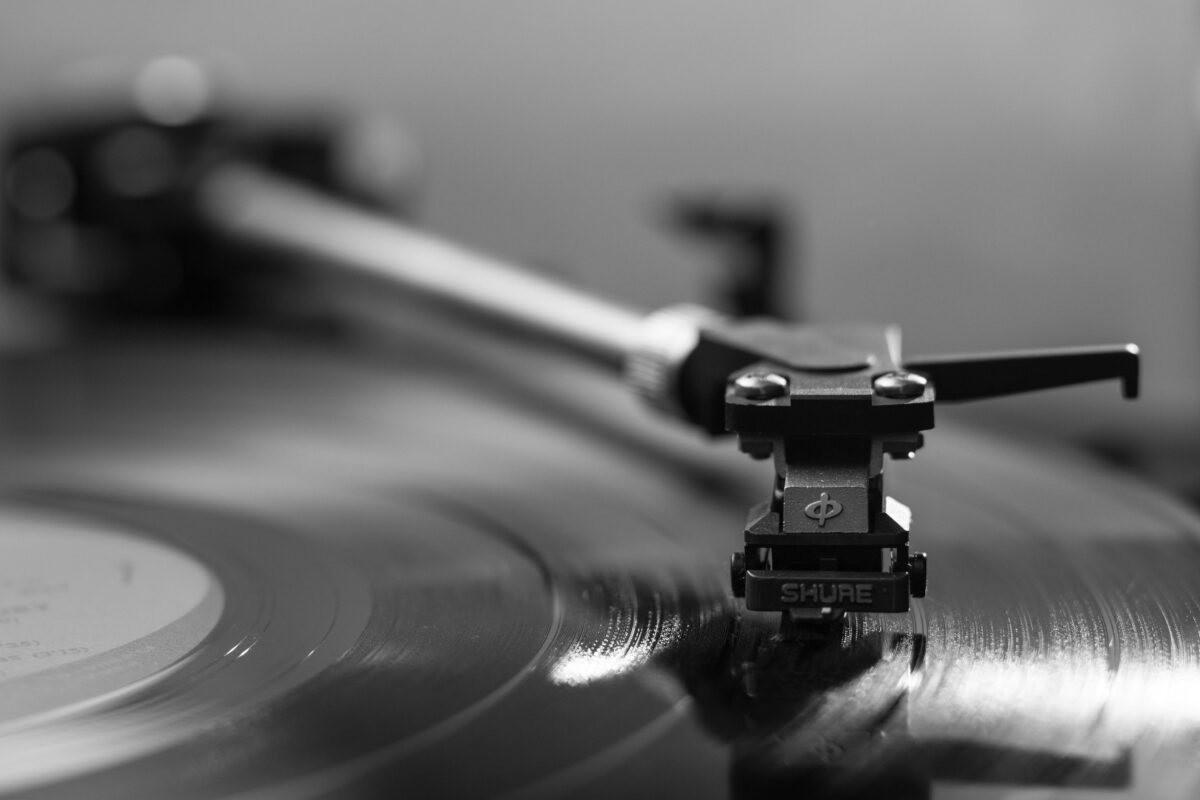
Early this month I got to visit David Steven and his son David J., Chris, Martin, Andy, Rav, and all the other wonderful folks at dCS—designers and manufacturers of the two best digital products I’ve yet heard, the three-box Scarlatti and single-box Puccini CD/SACD players—at their offices in richly historical Cambridge, England. The occasion, ostensibly, was the introduction of two new dCS products: a stand-alone Scarlatti upconverter (which allows Scarlatti transport/DAC/clock owners to also use hard-drives and servers as sources, either importing data files at their native rate into the Scarlatti chain or upconverting them to any sampling rate between 44.1 and true DSD) and an outboard dedicated U-Clock for the single-box Puccini (about which I will have more to say in Part Two of this blog).
The three small interconnected buildings, situated in a British version of an industrial park, that house dCS were a little Alice in Wonderland-like. For a stranger like me the various buildings seemed at first like a maze of staircase and portholed doors, although by the end of a couple of days I could almost find my way among the several basic subsections of the buildings: sales, R&D, parts, assembly, testing, shipping, and a high-end (Verity loudspeakers, VTL amplifiers, Nordost cable and interconnect) listening room (about which I will have more to say in Part Two).
I will also have more to say about how dCS functions–and about the Puccini clock–in my next blog. For the nonce here is a brief photographic tour of dCS’s offices, beginning with a photo of the sales and administration department (that distinguished Peter O’Toole-looking fellow is David Steven, CEO of dCS), followed by a little corner of the R&D department where Chris and Andy work, niche of the parts department, assembly station, a photo of CS product under assembly,small sampling of dCS’s sophisticated testing gear, a photo of a fully assembled Scarlatti circuit board being tested, stacks of packaged dCS products awaiting shipment, and, finally, dCS’s lovely little listening room.







.

By Jonathan Valin
I’ve been a creative writer for most of life. Throughout the 80s and 90s, I wrote eleven novels and many stories—some of which were nominated for (and won) prizes, one of which was made into a not-very-good movie by Paramount, and all of which are still available hardbound and via download on Amazon. At the same time I taught creative writing at a couple of universities and worked brief stints in Hollywood. It looked as if teaching and writing more novels, stories, reviews, and scripts was going to be my life. Then HP called me up out of the blue, and everything changed. I’ve told this story several times, but it’s worth repeating because the second half of my life hinged on it. I’d been an audiophile since I was in my mid-teens, and did all the things a young audiophile did back then, buying what I could afford (mainly on the used market), hanging with audiophile friends almost exclusively, and poring over J. Gordon Holt’s Stereophile and Harry Pearson’s Absolute Sound. Come the early 90s, I took a year and a half off from writing my next novel and, music lover that I was, researched and wrote a book (now out of print) about my favorite classical records on the RCA label. Somehow Harry found out about that book (The RCA Bible), got my phone number (which was unlisted, so to this day I don’t know how he unearthed it), and called. Since I’d been reading him since I was a kid, I was shocked. “I feel like I’m talking to God,” I told him. “No,” said he, in that deep rumbling voice of his, “God is talking to you.” I laughed, of course. But in a way it worked out to be true, since from almost that moment forward I’ve devoted my life to writing about audio and music—first for Harry at TAS, then for Fi (the magazine I founded alongside Wayne Garcia), and in the new millennium at TAS again, when HP hired me back after Fi folded. It’s been an odd and, for the most part, serendipitous career, in which things have simply come my way, like Harry’s phone call, without me planning for them. For better and worse I’ve just gone with them on instinct and my talent to spin words, which is as close to being musical as I come.
More articles from this editor





















